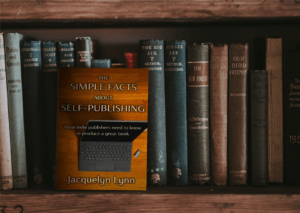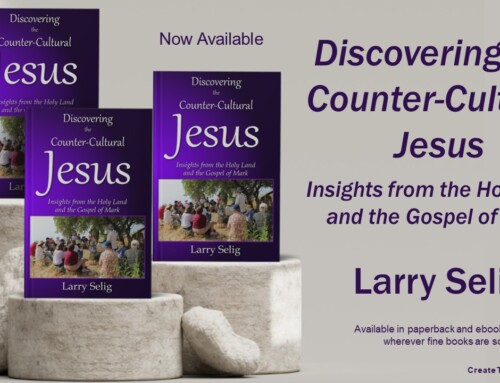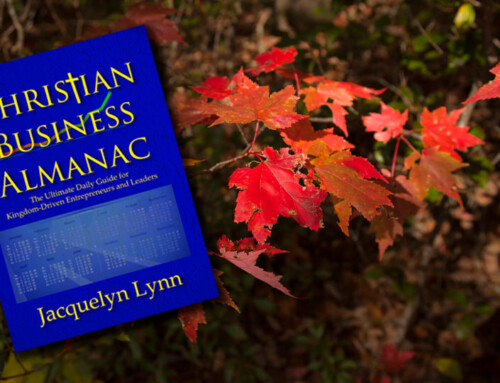If you have old books, keep them—don’t throw them away
Language is constantly evolving. Words that were in common use years ago are forbidden now. Words that were insults years ago are acceptable now. And definitions are changing.
For example, when I was growing up, calling someone “queer” was a slur. It was a word I wasn’t allowed to use, in the same category as the N-word. Today, people wear the label proudly—although I still can’t bring myself to use the word in casual conversation.
Until recently, we accepted that books written decades ago might contain words that we consider offensive today. We still read those books because they’re classics that transcend whatever political correctness is currently trending.
But now, many of those books are being rewritten. The words of authors, many of whom are long deceased, are being changed. Definitions are being revised. History and other nonfiction books are being altered to reflect different views.
And this increases the value of your old books.
I’m not talking about how much those books can be sold for (although that’s something that may eventually become an issue), I’m talking about access to their content.
One of the advantages of print-on-demand technology is that you can change the content of a book with a few clicks of a mouse. If you publish your book using Amazon’s KDP and find a typo, it’s quick and easy to fix. If you’re using your book as a business promotion tool, you can update your product information in minutes.
But there’s always a dark side. In this case, we’re seeing recorded history being erased. We’re losing the context of instruction and stories that were written years ago, in different times and cultures.
A while back, in his Ask the Builder newsletter, Tim Carter asked his readers to send him their old dictionaries rather than throwing them out. He was “stunned by the response and honored to be the new steward of some remarkable huge and tiny dictionaries.”
Recently, he extended that request to include old history and other nonfiction books. In explaining why it’s so important to keep the printed copies of old books, he pointed out how easy it is to change digital information.
But you can’t change what’s been printed.
If you’re interested in sending some of your old books to Tim, you can contact him through his website, AsktheBuilder.com.
Whether you gift them or keep them, let’s not toss those old books. Yes, I realize that not all of them are accurate and that they may contain biases that we find unacceptable today. But that applies to new books, as well. We need all those perspectives to stay informed and understand what’s going on in the world.
If you can find an old history book, read it next to a new one. Consider the differences. Do some research and figure out the truth.
Just don’t throw those old books away.
- Discovering the Counter-Cultural Jesus - April 12, 2024
- Google Chrome Tip: Navigating Your Tabs - March 15, 2024
- Start a Workplace Book Club - February 14, 2024









Leave A Comment